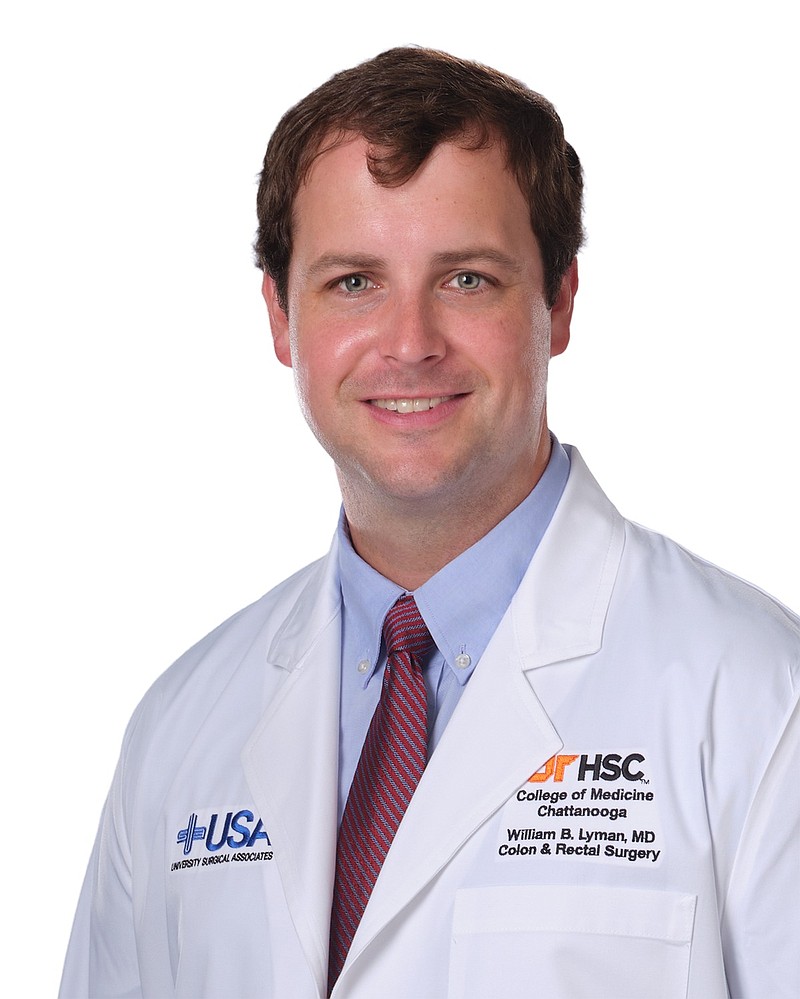Q: What is diverticulitis and can surgery be helpful for treatment?
A: Diverticular disease is one of the most common medical issues that a patient may encounter during his or her lifetime. Diverticulosis refers to small outpouchings of tissue through areas of weakness in the colon. Development of those areas of weakness is thought to be related to low fiber diets common throughout many developed countries including the U.S. Diverticulosis is often picked up on a screening colonoscopy and can affect up to 60% of people by age 60. When one of those outpouchings becomes infected, it is called diverticulitis. While the outpouchings are common, less than 25% of patients will develop symptoms over their lifetime (either bleeding from diverticulosis or infection from diverticulitis).
The treatment of diverticulitis is individualized based on the severity of presentation and a patient's goals of care. Often, uncomplicated episodes of diverticulitis can be treated as an outpatient with or without antibiotics alone. For those patients, surgery would only be recommended if subsequent episodes began to significantly affect a patient's quality of life.
When complications form from diverticulitis, surgery is generally recommended. Those complications include abscess formation, perforation and leakage of bowel contents, abnormal connections between the colon and other organs in the body (fistulas), or chronic scarring leading to strictures or obstruction.
If a patient has experienced multiple episodes of uncomplicated diverticulitis that are affecting quality of life or has experienced a complication from diverticulitis, it is reasonable to discuss removal of the diseased segment to prevent future issues with a colorectal surgeon.
Dr. William "Buck" Lyman is a colorectal surgeon with University Surgical Associates and a member of the Chattanooga-Hamilton County Medical Society.
